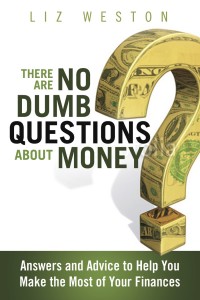Dear Liz: You’ve written frequently about the 50/30/20 budget, where no more than 50% of your after-tax income should be spent on “must haves” so that you have 30% for “wants” and 20% for debt repayment and savings. In which category would alimony fall? How about car payments?
Answer: Any expense that can’t be put off without serious consequences is considered a must-have. Since you could be sued or held in contempt of court for not paying your alimony, that would certainly qualify as a must-have. So too are all required loan payments, since failing to pay those will lead to credit card damage, possible lawsuits and, in the case of vehicles, repossession. Other must-haves include shelter costs, food, utilities, other transportation costs, insurance and child support.
